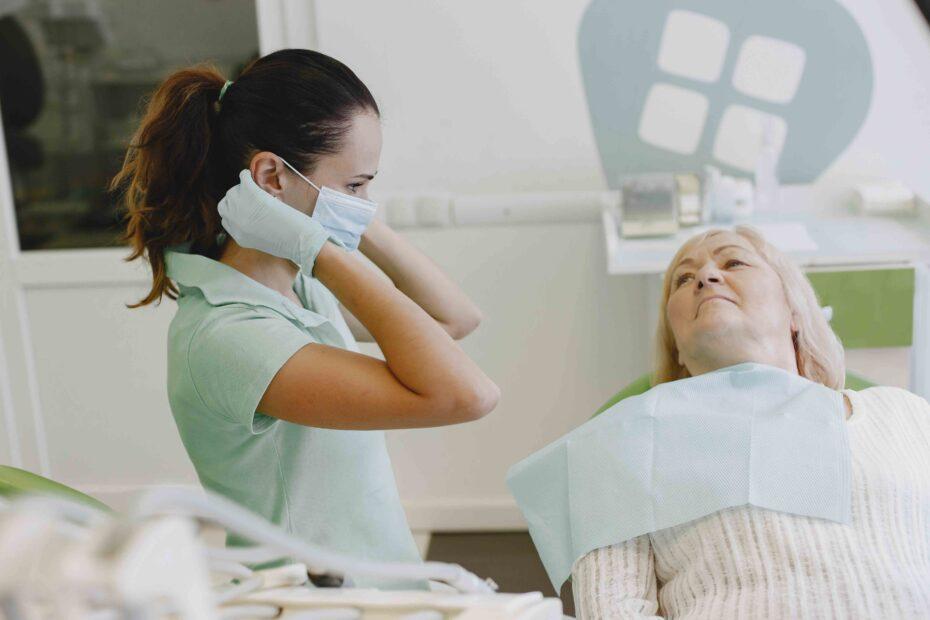Oral thrush or candidiasis is a fungal infection of the mouth. A group of yeasts called Candida causes it. However, it is not contagious and is easily manageable with antifungal medication. Oral thrush is manifested as creamy white lesions, usually on the inner cheeks or tongue, and may spread to the palate, gums, tonsils, or the back of your throat. Although babies and older adults are more prone to oral thrush, it can affect people of all ages. Besides, people with a weakened immune system, certain health problems, or those taking specific medications may also get oral thrush. Generally, oral thrush is a mild condition, but it may turn severe in people with compromised immunity.
What Causes Thrush In A Person's Mouth?
Our mouths and the digestive systems naturally have the fungus Candida. They are usually harmless, but their multiplication can lead to oral thrush. Candida surge has many reasons, such as:
- Dry mouth
- Taking high doses of antibiotics for an extended period
- Corticosteroid inhalers for treating asthma
- Wearing ill-fitting dentures
- Chemotherapy or radiotherapy
- Smoking
- Poor oral hygiene
- Diabetes
- An underactive thyroid
- Deficiency of iron or Vitamin B12
- HIV
What Are The Symptoms Of Oral Thrush?
Symptoms of thrush in the mouth include:
- Velvety white lesions on the tongue, gums, inner cheeks, roof of your mouth, and tonsils. People with a weakened immune system may get lesions on the esophagus too. These may be raised with asymmetrical edges.
- Bleeding when you scrape or rub these lesions
- Difficulty eating because of redness, soreness, or burning
- Cracking and slight bleeding at the corners of your mouth
- A foamy feeling in your mouth
- Loss of taste
- Denture stomatitis
Symptoms of oral thrush in babies and breastfeeding mothers differ slightly from mouth thrush symptoms in adults. For example, infants may be unable to eat and be petulant for long periods. The infection passes on from babies to mothers during breastfeeding. Unless treated, it becomes a cycle where the infection keeps transferring back and forth between the baby's mouth and the mother's breast.
Candida infection on nursing women's breasts shows up as:
- Cracked, sensitive, red, and itchy nipples
- Flakiness on areola
- Pain when they feed the baby
- Piercing pain deep within the breast
What Is The Treatment For Oral Thrush?
Antifungal medications help effectively treat oral thrush. Your healthcare provider will prescribe gels or liquids to be applied to the affected area for one to two weeks. At times, capsules or tablets may be prescribed for once a day. If the cause of oral thrush is antibiotics or corticosteroids, the doctor might change your medication or the dosage of the medicines in use.
How To Prevent Oral Thrush?
Oral thrush is easily preventable by maintaining oral hygiene. However, oral hygiene is not limited to brushing teeth twice daily or flossing once daily. Rinsing your mouth after every meal, wearing dentures that fit well, keeping dentures clean, and cleaning the tongue daily are a few steps that can help keep oral thrush at bay. In addition, regular dental check-ups and getting your teeth deep-cleaned every 3-6 months are effective ways to prevent oral thrush.


